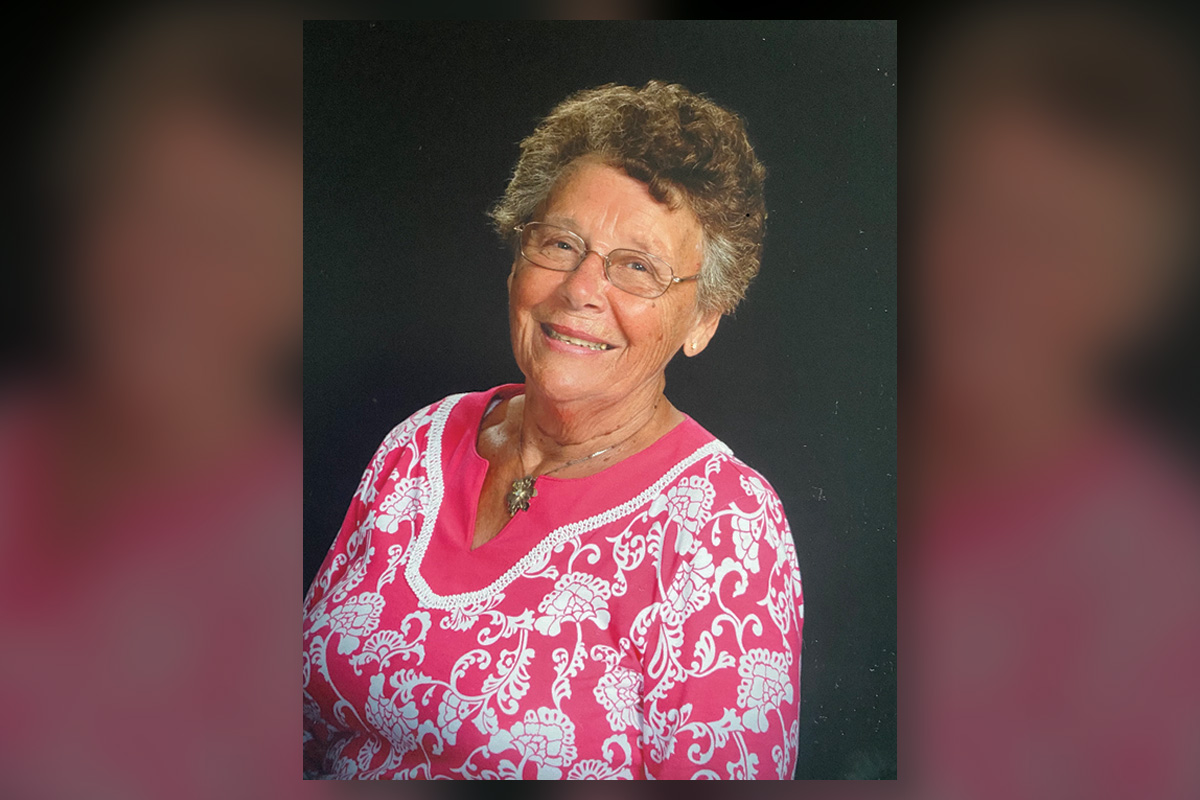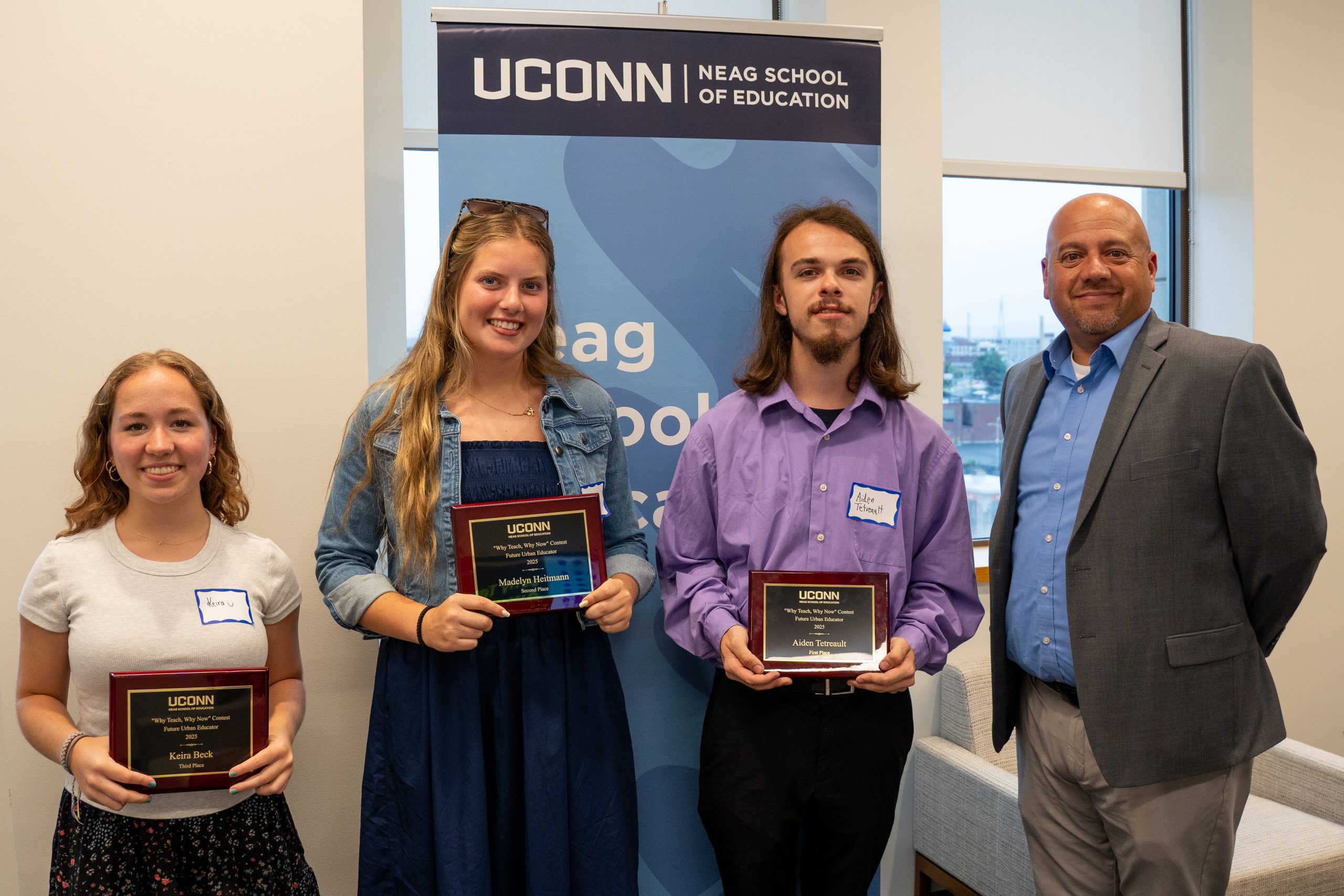November is Alzheimer’s disease and National Family Caregiver Awareness Months. The month recognizes and raises awareness of Alzheimer’s disease and is dedicated to supporting caregivers who care for family and friends.
Alzheimer’s disease is the most common form of dementia that affects memory, thinking, and behavior. Symptoms of Alzheimer’s eventually grow severe enough to interfere with daily tasks. Difficulty remembering recent conversations, names, or events is often an early clinical symptom; apathy and depression are also often early symptoms. Later symptoms include impaired communication, disorientation, confusion, poor judgment, behavioral changes, and, ultimately, difficulty speaking, swallowing, and walking.
The Cooper family’s journey with Alzheimer’s began about seven years ago. Shirley Cooper’s family noticed changes in her demeanor such as forgetting and misplacing things and getting lost when driving around town. Additionally, her mood and overall affect had begun to change, in the sense that she became easily frustrated and more reactive.
They came together as a family to discuss this and their desire to get professional help and testing. Thankfully, Shirley agreed and admittedly she noticed some changes in herself as well. They were relieved that she was open to an evaluation at UConn Center on Aging at UConn Health but instinctively knew this was the beginning of a long journey.
Shirley Cooper’s daughter Judy describes her mom as someone who could make anything and took care of everything while ensuring family came first. She was bright, well-spoken, ran a family business, took excellent care of herself, was active in the community, had a strong Christian faith, loved the outdoors, camping, gardening, cooking, and had a wonderful sense of humor and quick wit.
“My parents would have been married 65 years on November 24 had my mom not passed away on July 12 this year,” says Judy.
The family met with Dr. Yazeed Maghaydah, co-director of the memory program at the UConn Center on Aging. Through a series of tests, it was determined that Shirley had Alzheimer’s disease.
“We were fortunate to diagnose Shirley in the beginning stages of the disease so that we could offer some approved medications that may help slow down the progression and preserve the function for a longer time. This gave us time to start a discussion with her and her family about future plans and to focus on lifestyle adjustment, health promotions, and interventions that could help the quality of life,” says Maghaydah.” “Most important early diagnosis gives the patient the chance to be heard, as in the case of Mrs. Cooper we got to know and hear, directly from her, about her wishes and respect her agreed-upon advanced care plan.”
An earlier diagnosis enables the person to participate in their own legal, financial, and long-term care planning and to make their wishes known to family members. It also enables the person to prioritize how they spend their time—focusing on what matters most to them.
“My mom and our family had a tremendous amount of trust in Dr. Maghaydah,” says Judy.
Throughout their time at UConn Health, they found the professional practice to be very engaging and thorough.
“We were offered many resources and given guidance on planning for the future, including various milestones that we would be encountering along the way,” says Judy.
The most helpful part of the process was when Dr. Maghaydah sat with Judy and her siblings, Sherry and Rich to lay out the trajectory of the disease. It allowed them to know what to expect next and how to prepare as well as take solace in identifying where they were in the stages of Alzheimer’s.
As time went on they observed the various predicted Alzheimer levels ranging from wearing the same clothes every day to needing assistance in showering and eventually toileting. When they would bring this to mom’s attention, she would become defensive and they found themselves in that awkward and uncomfortable balance of needing to interfere, but wanting to have a nice visit.
Her condition got complicated with depression, agitation, and behavioral disturbances, she was seen at this stage by Dr. Neha Jain, Geriatric psychiatry, and part of our memory assessment program team.
It was at this time, they decided to get outside help so that they could be present in a loving way, without having to be viewed as the person who held her accountable for the things she did not want to do.
“All of mom’s caregivers were amazing, and gave so much love and care to my mom and our family – truly angels from God,” says Judy. “We are blessed that our family lives in the same town which enabled my sister, brother, and I to be present for support at doctor appointments, assisting with driving, and checking in regularly.”
“Dr. Maghaydah and his team were very accessible for questions, consult, and comfort. I’ll never forget Dr. Maghaydah calling on a Friday night to check in as he wanted to be sure mom was responding therapeutically to a medication adjustment,” Judy remembers. “I found the sensitivity to our mom and our family very genuine and endearing. “
As time marched on, Shirley was barely communicating, and she had a vacant look in her eyes, even though she still recognized her family. It was then that the family began to feel they lost her. In the last seven months of her life, she stopped walking, talking, and eventually barely eating. Hospice was set up and they waited until God called her home.
For more information on Alzheimer’s and other dementias visit the UConn Center on Aging.



